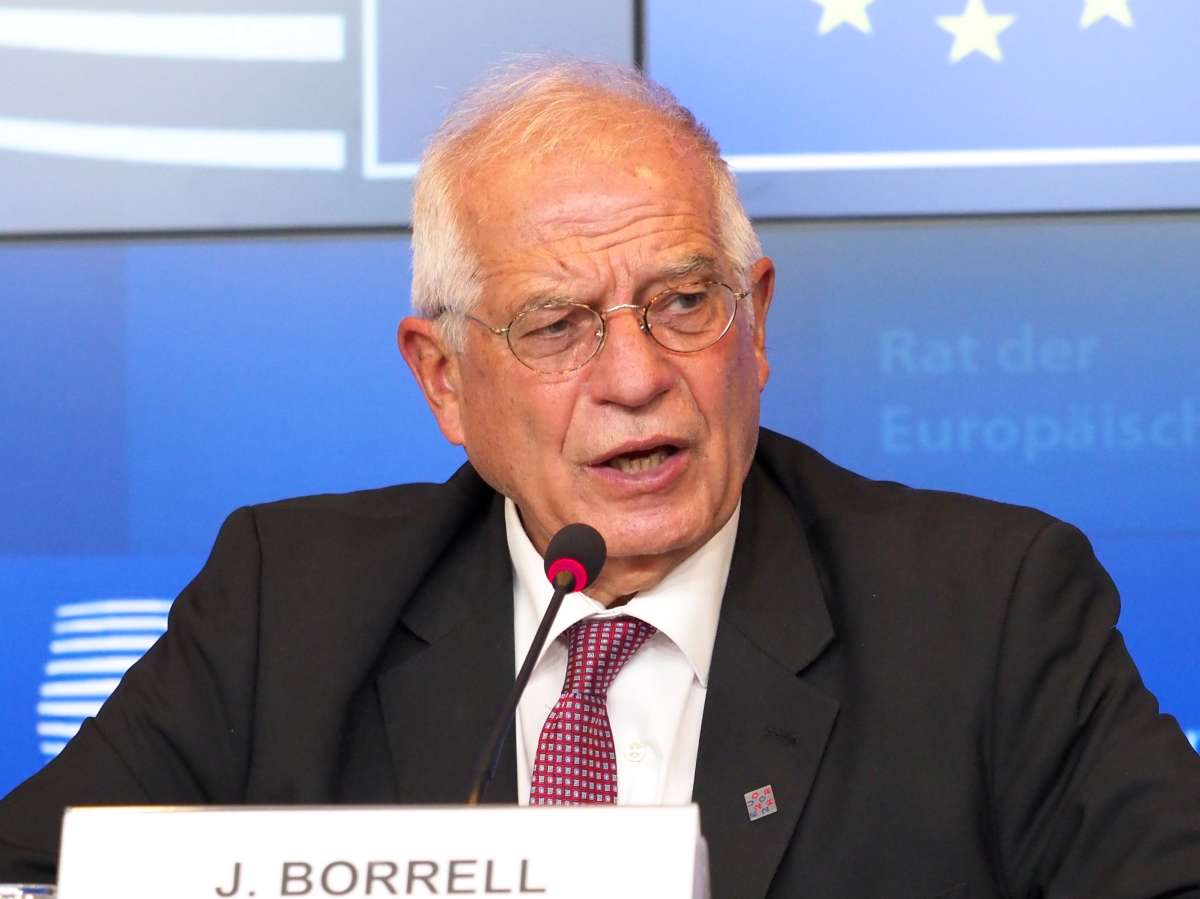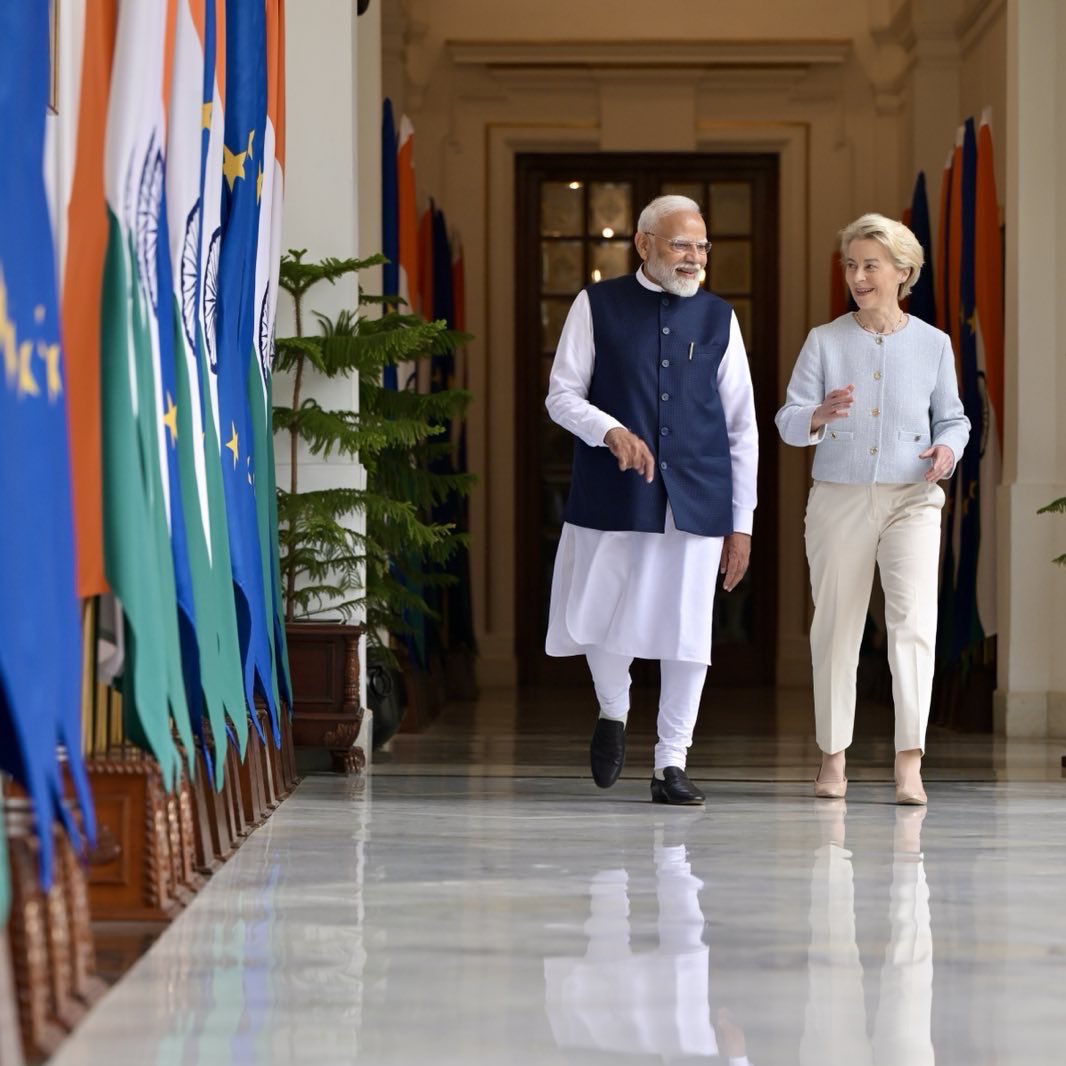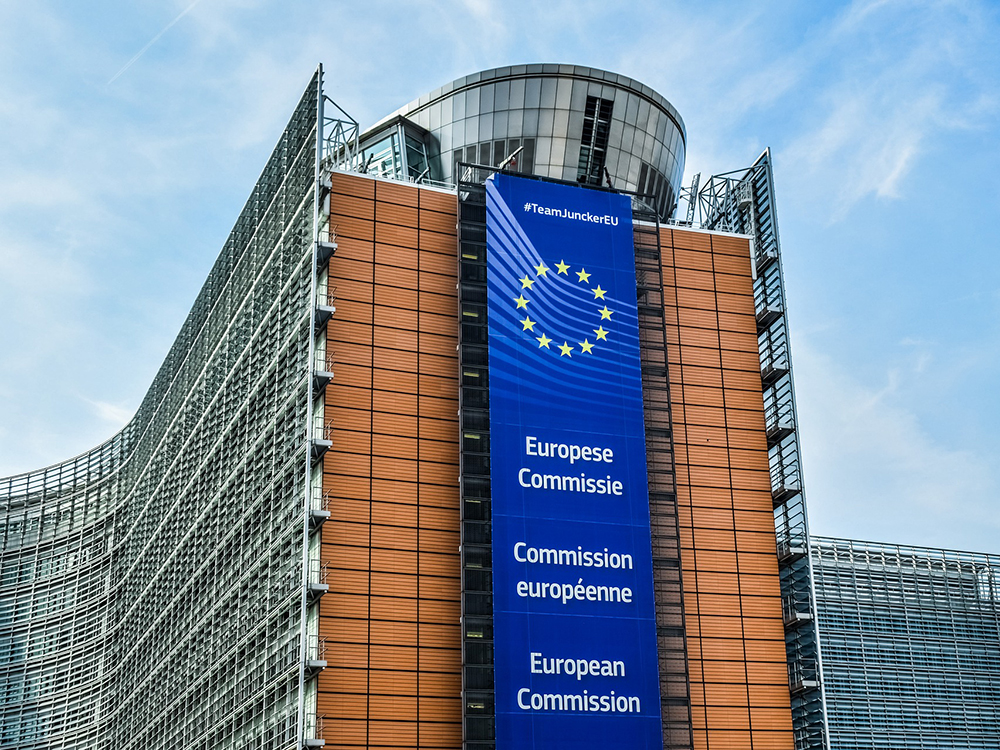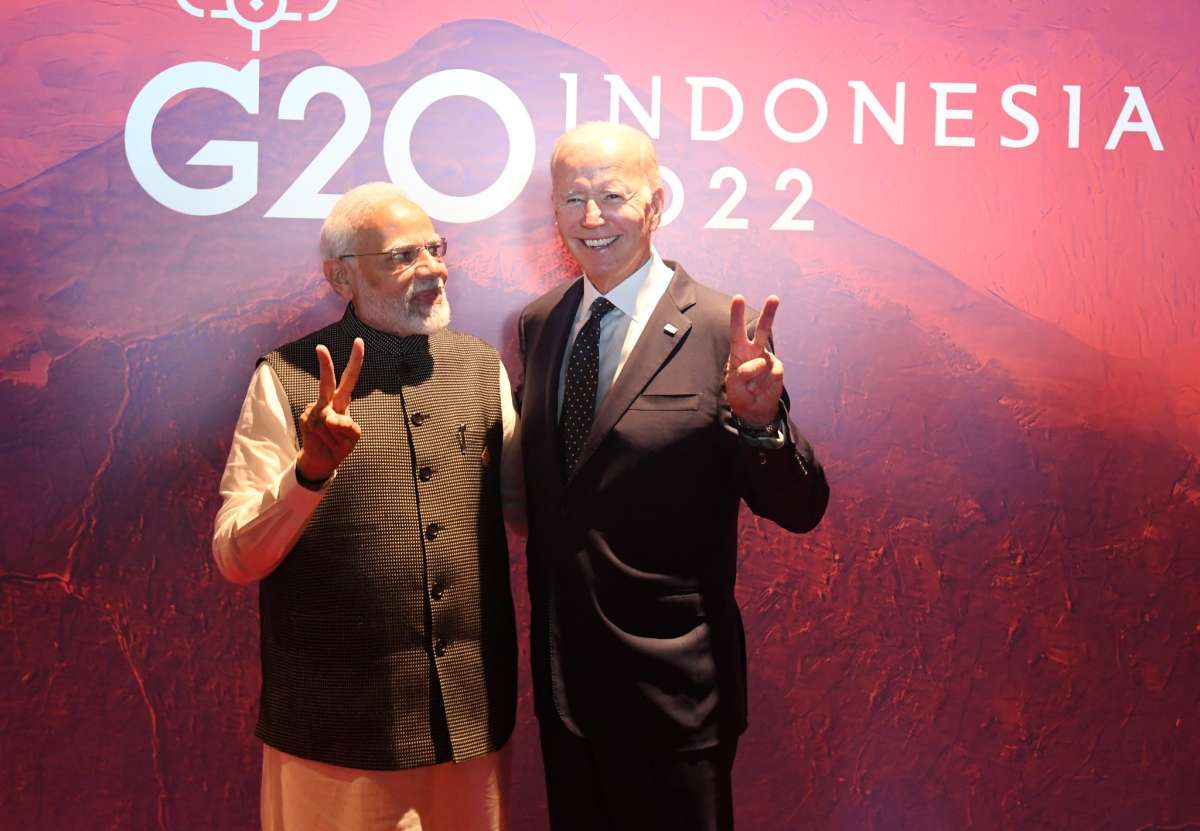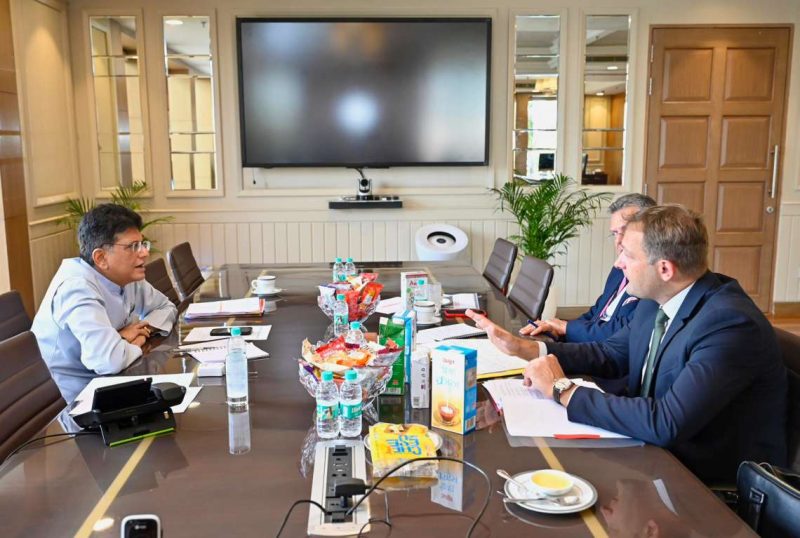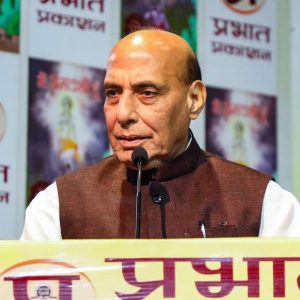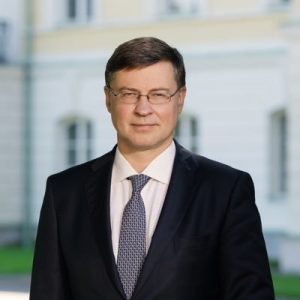Pieter Wezeman, a senior researcher at Stockholm International Peace Research Institute, told Euronews that it is these areas where the focus will be…reports Asian Lite News
EU countries are planning to increase their defence expenditure by €70 billion by 2025 in order to fill existing capability gaps, according to the EU’s foreign policy chief.
Speaking in Brussels at a meeting of the bloc’s defence ministers, Josep Borrell also said the European Commission is pushing to procure weapons jointly across the EU, similar to the model used to obtain vaccines during the pandemic.
“The important thing is to go together, to avoid splitting the market, to avoid competition,” Borrell told reporters on Tuesday.
“We have to avoid what happened with the vaccines. Everybody together, altogether, makes for a better price, better quality, and better time.”
Some analysts argue that a dash for new weapons without a set of rules risks making a highly fragmented market even more disjointed.
They also say that the EU countries which have supplied weapons to Ukraine are now seeing gaps in certain areas of their weapons stockpiles, including munitions, artillery grenades and certain types of missiles.
Pieter Wezeman, a senior researcher at Stockholm International Peace Research Institute, told Euronews that it is these areas where the focus will be.
“When it comes to really standard types of equipment, such as ammunition, where the sums are involved, the financial sums involved are not necessarily that high.” Wezeman said.
“I think it is quite reasonable to expect that such cooperation can take place and again, within the NATO framework, we have seen really good examples of that.
“But when we talk about larger projects, when we talk about, let’s say, the acquisition of combat aircraft, ships, tanks, there is a long history of attempts to operate within the EU or within NATO, and often enough they have failed.
Wezeman added there’s also concern that this process can take a very long time – even years, if not decades – to come to an agreement on what to acquire, who will make it, and who will take the lead role.
ALSO READ-India a leading player on Climate Action: European report


